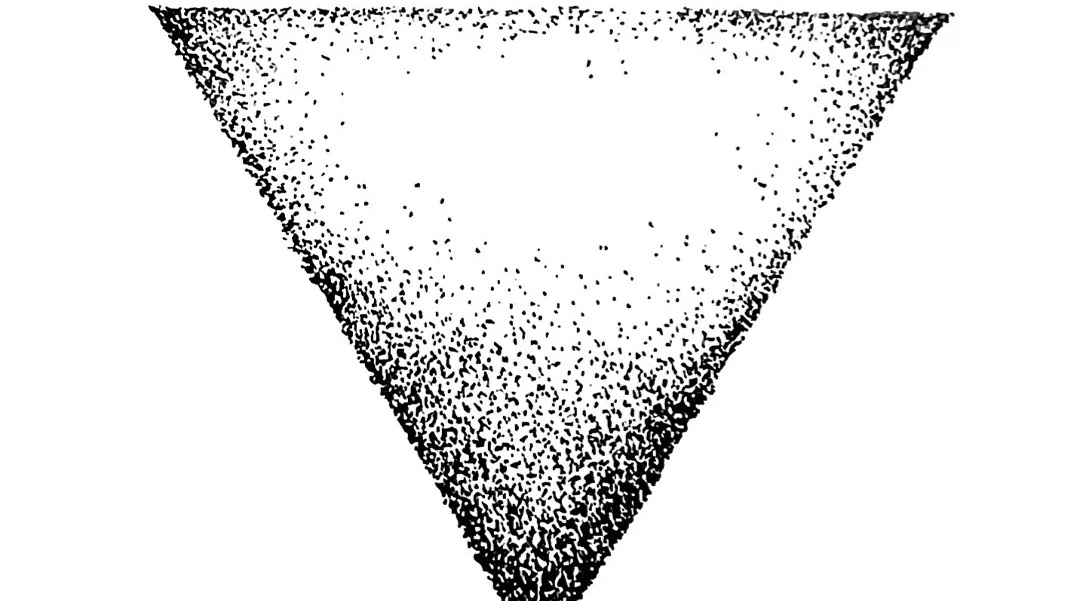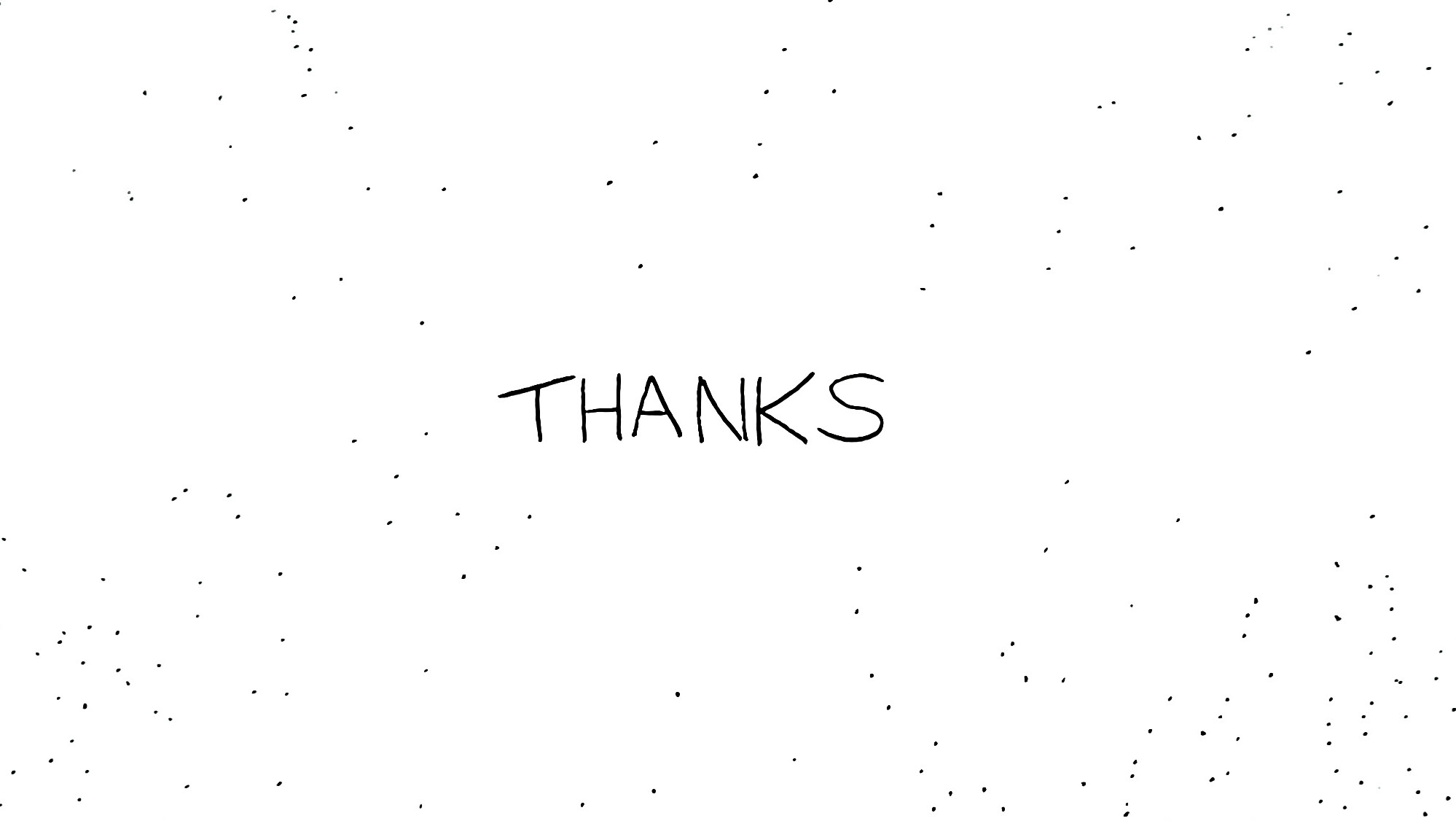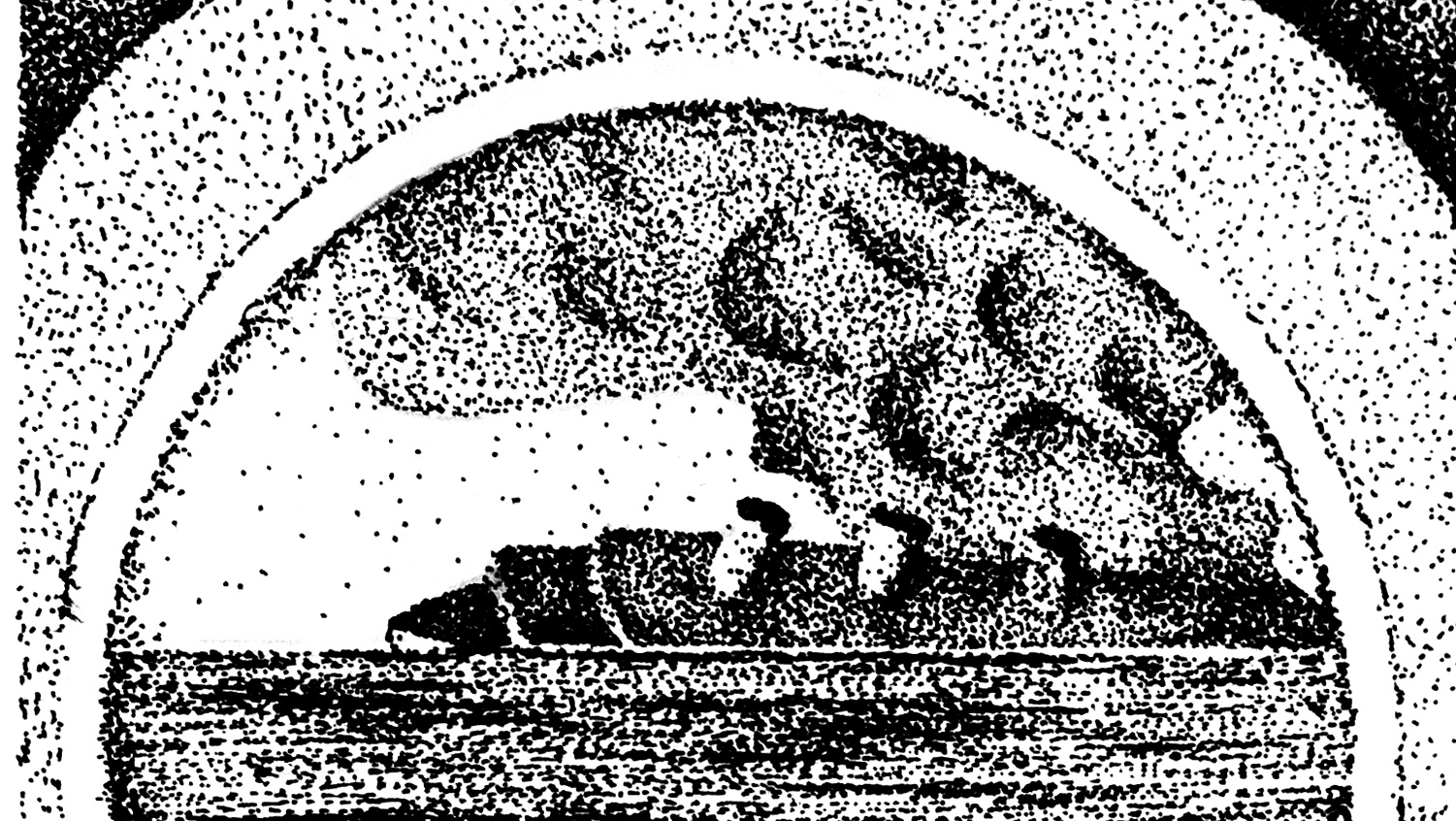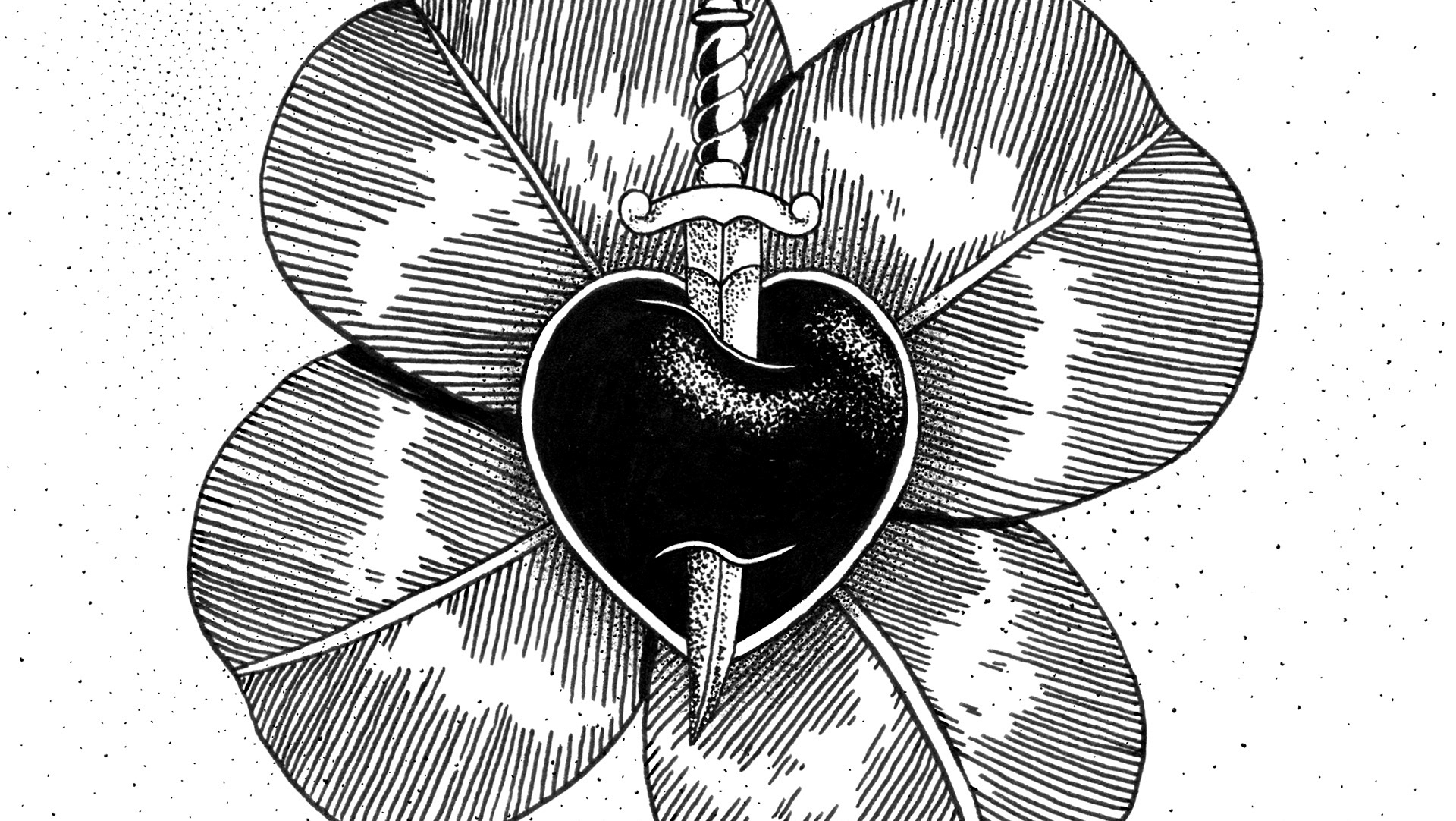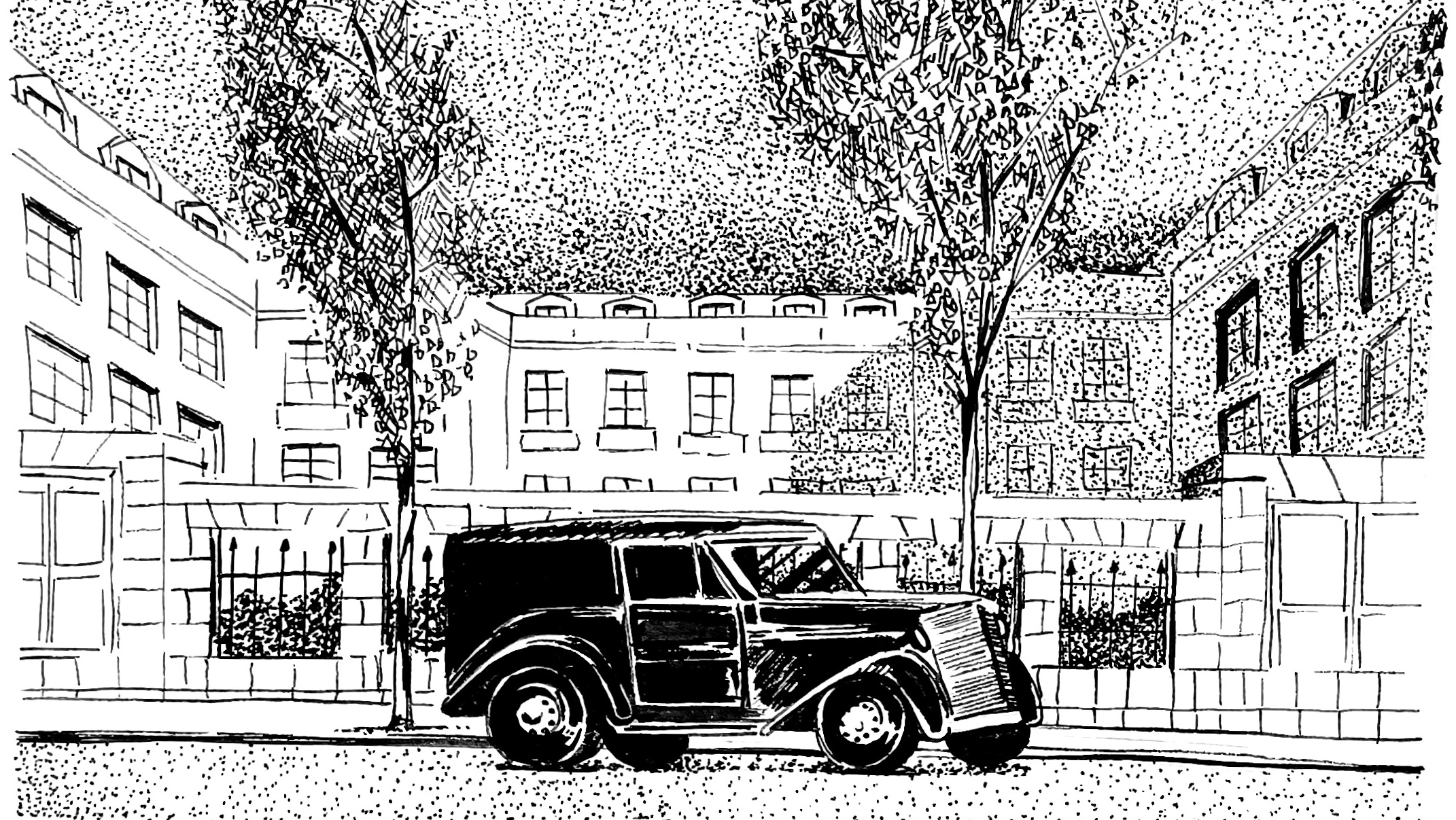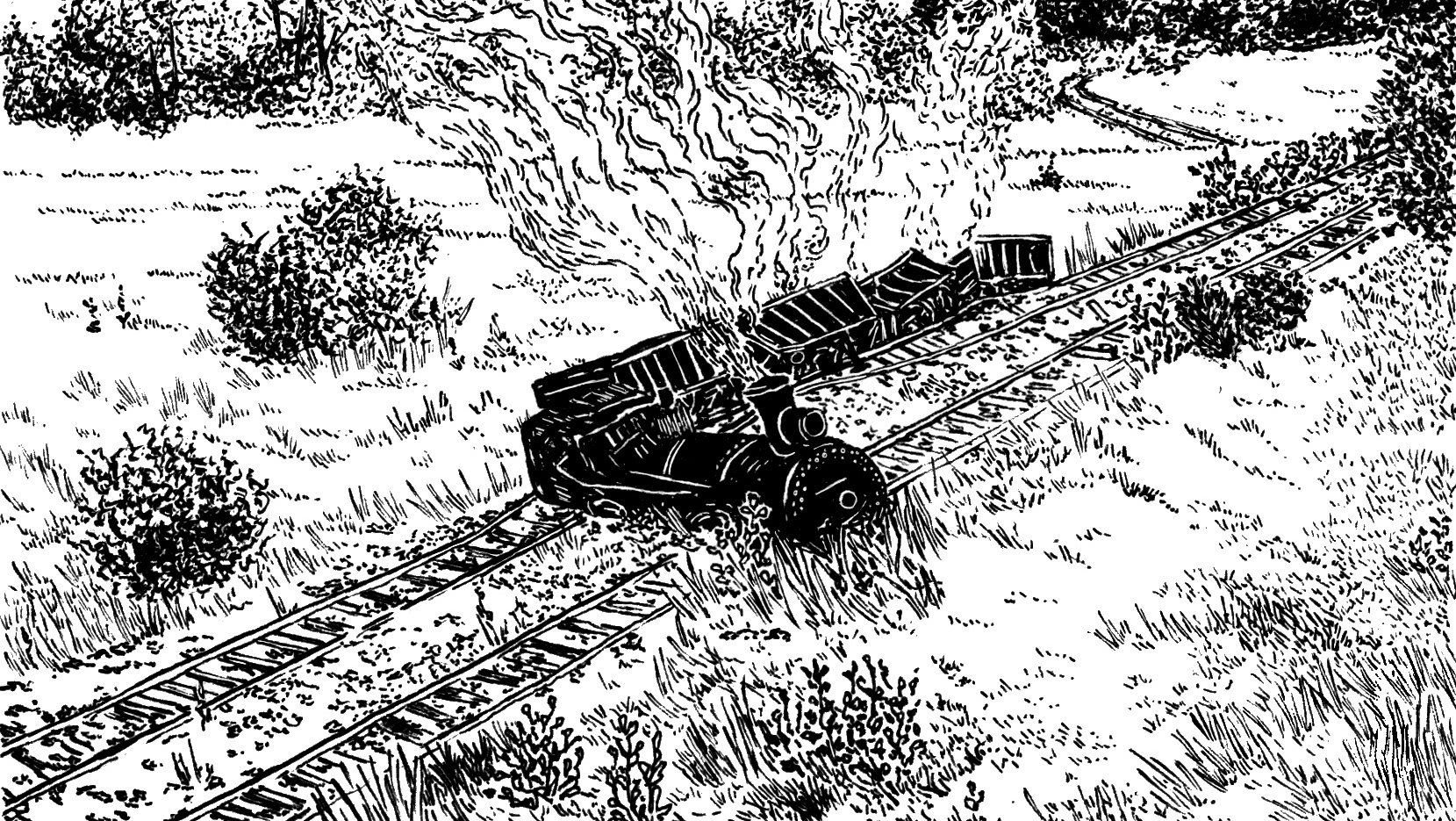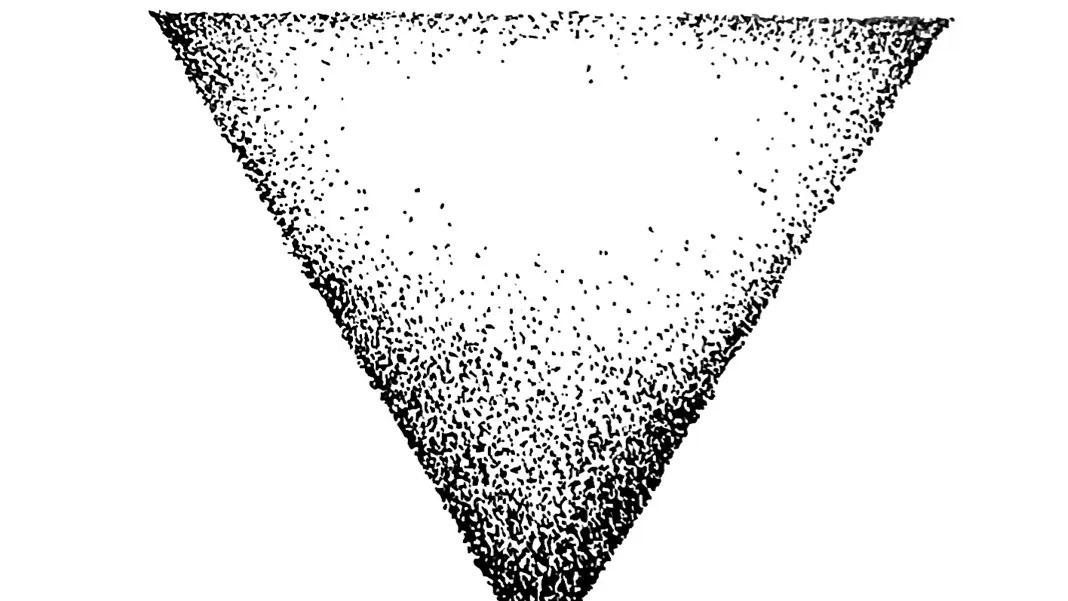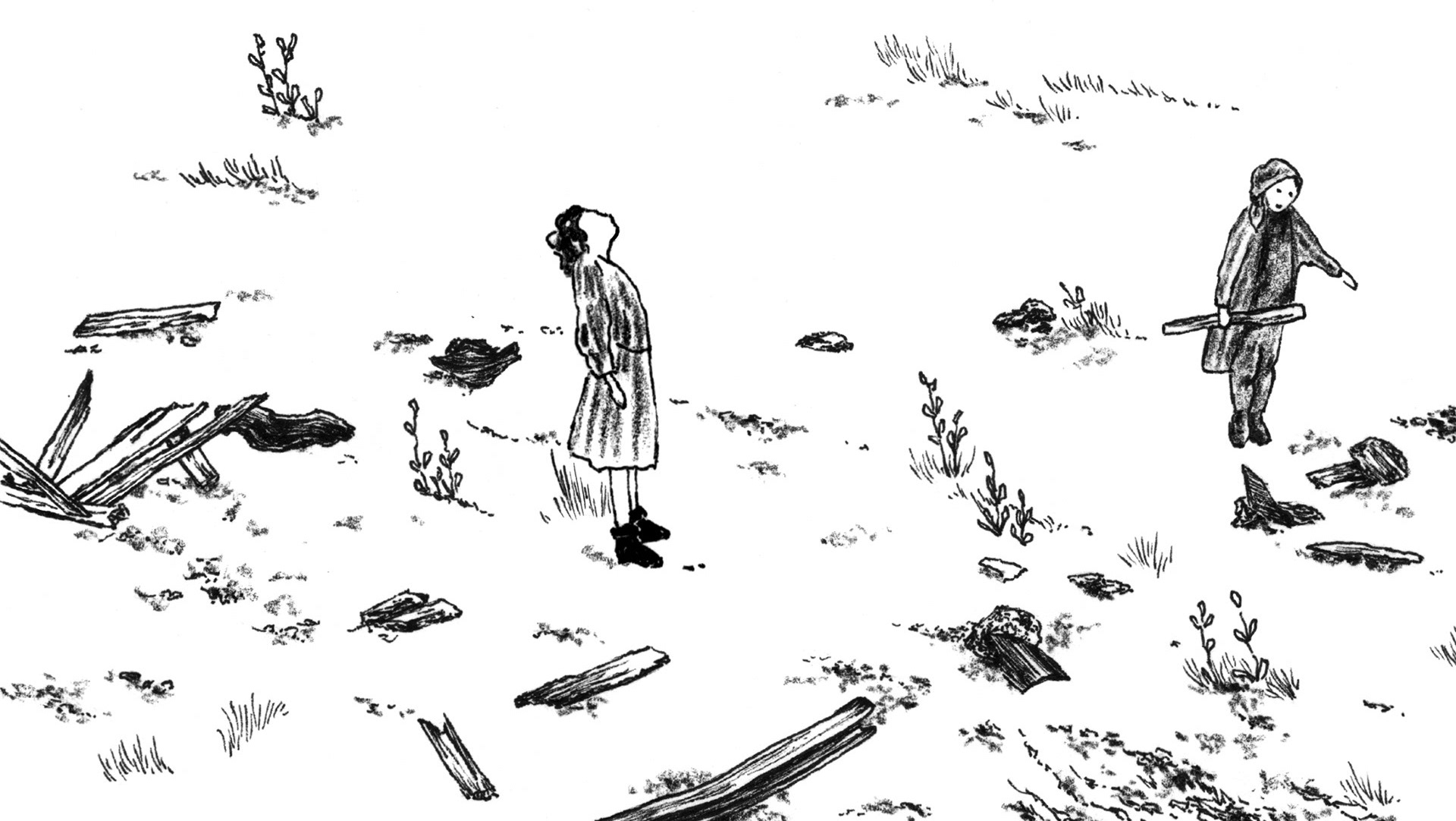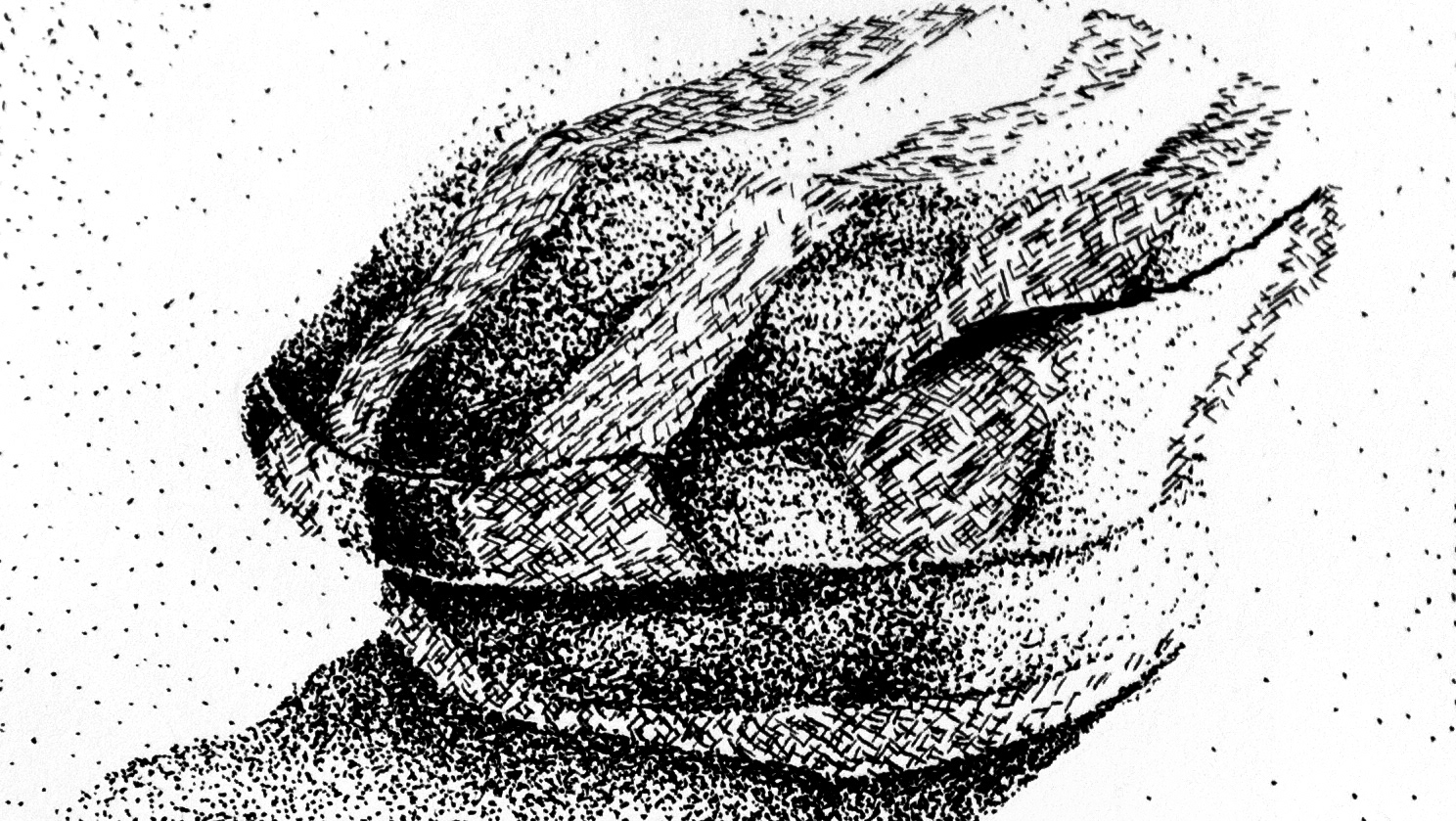the key
Today is the 11th of April 1945, and the Buchenwald insurrection is about to begin. Raymond Montegut, like many others, is ready. Soon, all the locks will break.
Back in the thirties, Raymond was a locksmith from an early age. There is something about locks, it is precise, it makes sense. Unlike people, people just made no sense to him.
Raymond has often felt too naive, underestimated, he often had the impression others were judging, condescending him. For a man who believed he didn't belong to any group, he was helped by many. He belonged, he just didn't always notice.
Once, he was arrested, his coworkers launched a strike. A successful one, he was released shortly afterwards.
The second time he was helped, it was Auguste Monjauvis, as he shared his food with him. Auguste was a kind spirit, he never minded Raymond's mood swings.
Maybe it had to do with Raymond stopping smoking as he entered Auschwitz-Birkenau. Cigarettes were available there, yet you had to buy them with your own food. Raymond saw a few men quitting food so they could smoke, and starving. It wasn't worth it, so he stopped.
Raymond was saved another time, by a kapo who let him work at the locksmith kommando when all the french people were affected elsewhere. From that point on, Raymond would work inside, it meant a little more protection. He would make extra locks as well, for anyone who wanted any, in exchange for food or other services. A simple barter, it became more and more common in the camp. Raymond made all sorts of locks, he knew everything about locks, how to make and break them.
In February 1944, Raymond and many other 45000 were transferred to Buchenwald, 200 kilometers south west of Berlin, in Germany. Raymond was separated from Auguste but he wasn't alone there, Robert Lambotte was with him.
Buchenwald was different from Auschwitz, more of a political camp, smaller. It had no gas chambers, but the prisoners were still sent to work and starve.
This is where he met Henri Villette, Julien Villette’s father. He had to tell him about his son, Henri was devastated.
The resistance within the camp was impressive. The communist organisation had infiltrated every part of the camp, every block, every kommando, to a point where they almost ran the place. Their intentions were secret to the SS, they ran everything so nothing would be done, even though they made the SS feel like all was running smoothly. They delayed the production of nearly 80% of the V2 missile and rifles production, they swapped prisoners sent for executions with corpses and hid them in the contagious block, where no SS dared coming in.
And they waited for the right moment for an uprising.
An uprising was a very dangerous feat. The prisoners might be far more than the SS on number, they weren't armed, they were weak with months of hard work and lack of food, and most of all they needed to organise. But with the infiltration came organisation, the different nationalities learned to trust each other, they made and hid their own weapons, they stole more food and rested. They asked Raymond to help them too, in case the SS would retreat to a building, they would need someone to destroy the locks. They were almost ready.
Back to the present, Raymond hears that the time has come.
The Allies are close to Buchenwald, the SS are disorganised, scared. They have received orders to evacuate the camp, but they are slow to react.
The resistance can't take the risk of waiting for the Allies, they can't risk another death march which would send the weakest prisoners to a certain death.
It is time, everyone knows what to do.
Prisoners run and reach the caves, where they built a fake wall to store weapons. Within minutes, 8 hundred armed prisoners run to the buildings and miradors. The SS don't have time to register, they either run away or get arrested. 150 guards are locked, 1500 rifles, machine guns and missiles are retrieved. No need to break the locks for Raymond, but he is part of the insurrection, he is proud, like many other prisoners, who participated to their own liberation.
It may feel a little easy, it turns out the Allies were already nearby, most SS had already escaped. Still, the insurrection was useful, lives were saved.
Raymond witnessed violence, darkness, cruelty , he also witnessed help, hope, kindness and courage.
"C'est que dans la vie l'âme des hommes est souvent comparable a un grand lac, dont la surface est calme et limpide, mais dont le fond est boueux. Gardons-nous d'en troubler la sérénité. "
Raymond once wrote "A soul could be compared to a lake, its surface is calm and clear, deep down it is muddy. Beware if one disturbs its serenity! "
What is for sure, is that for a man who believed he didn't belong to any group, Raymond was helped by many.
Notes
Thank you for listening to this episode of 31000/45000, the story of 2 trains of french members of the resistance. My name is Matthieu Landour Engel.
This episode was about Raymond Montegut and the insurrection of Buchenwald.
Buchenwald was one of the oldest nazi concentration camps, in the middle of Germany, near the city of Weimar. It opened in 1937, housed 280000 prisoners, and more than 55000 prisoners died of starvation or violence. It was a dreadful labor camp, life condition were very poor, the prisoners were forced to work hard for the production of weapons, food and water were scarce, some prisoners were experimented on, sometimes even injected diseases so to experiment inefficient cures. Where Auschwitz had a "arbeit macht frei" inscriptuon when you entered, which translates "work sets you free", buchenwalk had "Jedem das seine", which translates "to each his own" or "to each what he deserves". There's so much cruelty, dark, very dark irony in those inscriptions.
The insurrection is one of the few successful insurrections against the nazis. The resistance within the camp had heavily infiltrated important administrative positions, hid weapons, and prepared for an insurrection. The insurrection was indeed successful, but thankfully the american army was hours away from arriving, meaning that many german soldiers had already fled the camp before the attack started.
The insurrection happened too late for many, as many evacuations had already started, deaths marches, leading to many more deaths on the roads. Also, with the desorganisation, the authorities of the camp didn't have much time to destroy too many of the evidence so evidence remained.
On a side note, the smokers had to stop smoking very quickly in concentration camps. Cigarettes were available, but you often had to trade your food for them. A 45000, Andre Lanvert, exchanged too many times his food for cigarettes, and he unfortunately lost his energy very quickly and died.
I have been trying to find Raymond Montegut’s relatives, unfortunately, my research was unsuccessful. If by any chance, you know of someone related to him please let me know, I would be very pleased to get in touch and make sure the text I wrote doesn’t contain any errors.
My sources for this story mostly come from the book Red triangles in Auschwitz, by Claudine Cardon Hamet, the book "arbeit macht frei" by Raymond Montegut, le convoi du 24 janvier by Charlotte Delbo, the website deportes-politiques-auschwitz.fr, memoire vive, the foundation for the memory of deportation website , the Maitron website, and the fantastic website auschwitz.org
There is also a book by Jorge Semprun, "litterature or death" and many other books.
Thank you very much for your attention, next episode will be about Pierre Vendroux and his revenge.
